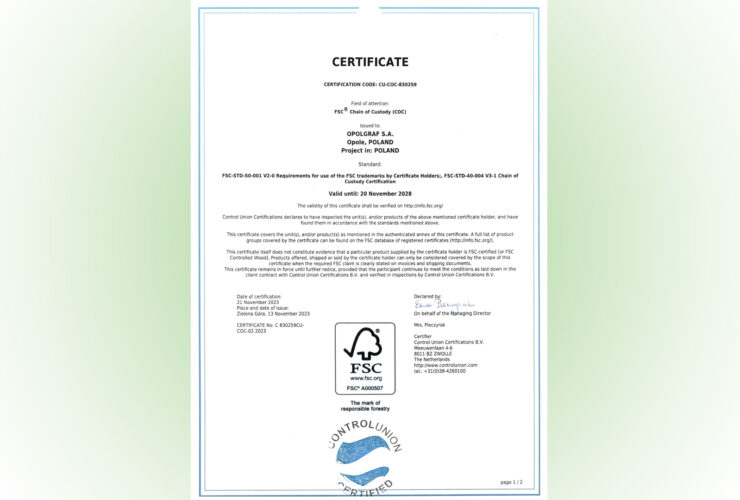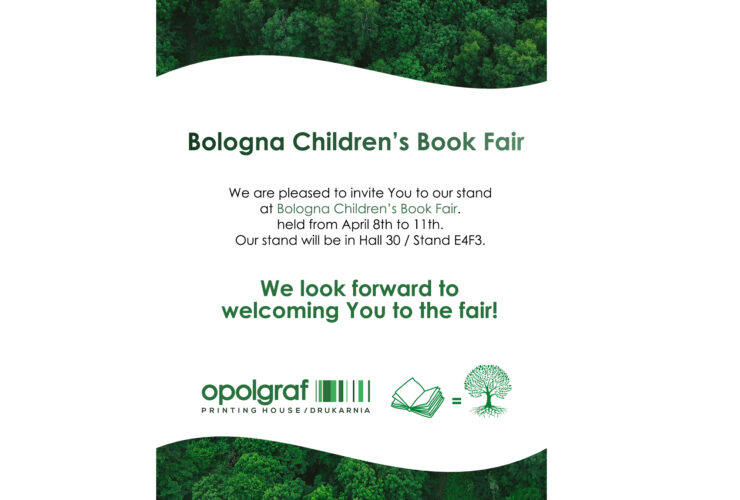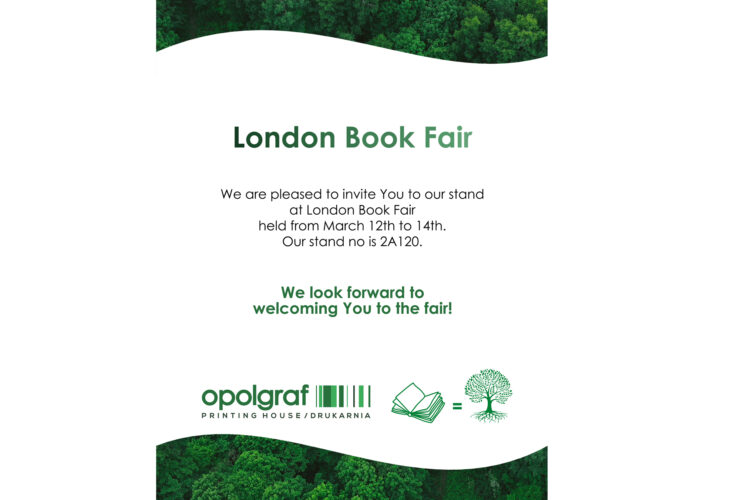ZERO WASTE

What is Zero Waste?
It is an approach based on a closed-loop economy according to which we use resources instead of creating waste. For example, we can buy fewer yet better quality things to use them for longer, repair the things we already have and give a second life to old things by finding new uses for them. Zero Waste is a movement that responds to the consumerist lifestyle of many people as the Earth’s resources are not unlimited and disasters are more likely to happen.
Why is this important?
Because it allows us to use the resources we already have instead of creating new ones. Each good is used several times and this reduces the amount of waste released into the environment. Moreover, we do not waste energy, water, and raw materials to create a new resource. The Zero Waste idea is not just a means for short-term changes. It is a method for a holistic reconstruction of everyday habits and value system.
How do we implement Zero Waste?
In Opolgraf, we use reusable products, such as pallets, office supplies, and waste paper. We also repair damaged pallets and reuse them for production purposes. Also, in terms of production, cardboard packaging and cleaning cloths used in the machine hall are not thrown away after use, but passed on to the laundry and used again.
When choosing office essentials, we always follow a zero-waste approach; we choose larger packaging of water bottles, cleaning products (eco-friendly only), sanitary materials, etc. As a result, we generate less waste than we would if we chose smaller versions of the products. Our pens, folders, and notebooks are made from recycled materials.




